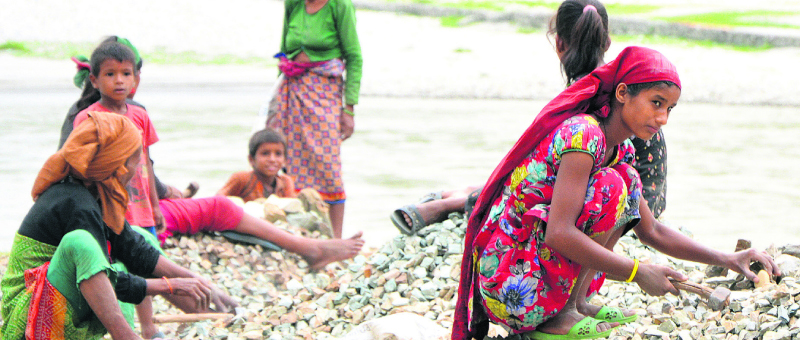KATHMANDU, Dec 18: Minister for Foreign Affairs Dr Arzu Rana Deuba has called for the adoption of a feminism-oriented foreign policy to promote equality and safeguard the rights of minority groups, particularly the LGBTQI+ community.
According to a press statement issued by the Ministry of Foreign Ministry (MoFA) on Wednesday, Dr Rana emphasized the transformative potential of such a policy in fostering inclusivity, justice, and reconciliation. She made such remarks at the Equal Rights Coalition Conference in Berlin, Germany, on Tuesday, added the statement.
National seminar explores ways to integrate feminist foreign po...

"A feminist foreign policy challenges patriarchal structures of hierarchy and exclusion," Dr Rana said, "It prioritizes inclusion, empathy, and equality, advancing human security and ensuring that everyone is treated equally in diplomatic relations."
Dr Rana described feminist foreign policy as a framework focused on reconciliation and inclusivity, underscoring its importance in protecting the rights of minority groups, including the sexual and gender minority (SGM) community. She called for a renewed commitment to feminist foreign policy that respects the sensitivities of sexual and gender minorities, advocating for a society grounded in justice and equality, the press release stated.
The minister further highlighted that superficial changes are insufficient to address systemic discrimination. "Equality in policies is crucial to transforming social values and norms," she said.
In her remarks, Dr Rana also praised Nepal for setting a global example in the protection of SGM rights. Reflecting on her participation in another panel on ‘Pathways to LGBTQI+ Inclusion in National Laws and Policies,’ she noted Nepal’s significant progress in ensuring LGBTQI+ rights through progressive laws and their effective implementation. She pointed to the landmark 2007 Supreme Court verdict, which legally recognized the SGM community and directed the amendment of discriminatory laws, making Nepal the first country in South Asia to legally recognize same-sex marriage.








































